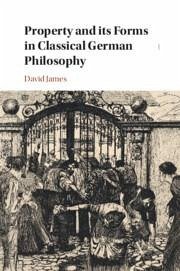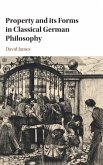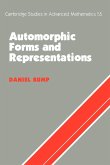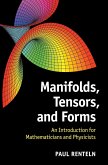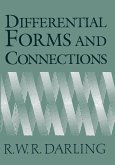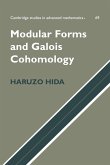A comprehensive analysis of the theories of property developed by four key figures in classical German philosophy that explores such central questions as the nature of property, what specific forms of property are justifiable and whether property rights ought to be respected or limited in the name of freedom.
Hinweis: Dieser Artikel kann nur an eine deutsche Lieferadresse ausgeliefert werden.
Hinweis: Dieser Artikel kann nur an eine deutsche Lieferadresse ausgeliefert werden.

